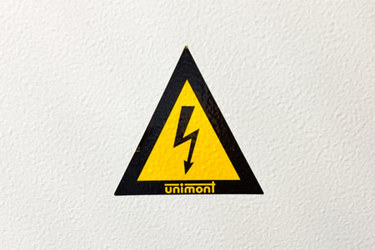Critical Grounding Issues For Microwave Amplifiers And Other RF Components
By Brian Baxter

Proper grounding is crucial in RF and microwave systems, especially for high-frequency MMIC amplifiers, where grounding issues can significantly degrade performance. Common grounding problems include ground loops, parasitic inductance, electromagnetic interference (EMI), and ground bounce. These issues can raise noise levels, distort signals, and destabilize circuits. Ground loops occur when multiple ground paths create closed loops, allowing unwanted current flow, which impacts the performance of sensitive components, especially MMIC amplifiers. Parasitic inductance, introduced by elements like bonding wires and vias, can cause phase shifts, resonances, and uneven current distribution, affecting amplifier efficiency.
Effective grounding techniques help mitigate these issues. Engineers can optimize ground planes to avoid fragmentation, thereby reducing impedance and minimizing current crowding. Using short bonding wires, placing vias strategically, and adopting multi-layer PCBs with dedicated ground planes also help maintain a stable ground reference. Additionally, shielding sections of the circuit and isolating high-power components from sensitive low-power sections further prevent EMI coupling and ground bounce. Simulation-based modeling can also improve grounding design by allowing engineers to analyze the impact of grounding parasitics.
Through techniques like these, Marki Microwave’s design approach for MMIC amplifiers helps improve system stability and noise performance, ultimately enhancing overall RF system functionality.
Get unlimited access to:
Enter your credentials below to log in. Not yet a member of RF Globalnet? Subscribe today.
